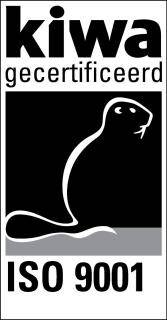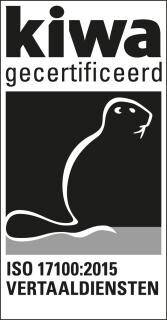SIAL Paris
the global stage for food innovation
Biofach in Germany
The Salon International de l’Alimentation, better known as SIAL, is the world’s largest and most prestigious food exhibition. It is held in Paris and attracts thousands of exhibitors and visitors from all over the world. Since its inception in 1964, SIAL has developed into an essential meeting place for producers, traders and innovators within the food industry. But what makes SIAL so special? And what role does international communication play during the exhibition, as well as in the preparation phase and continued success of this event?
An entire world of innovation
SIAL Paris is a biennial event that presents the latest food and drink trends and innovations. SIAL provides a platform for all facets of the food industry, from organic products and healthy foods to new technologies and packaging solutions. The fair attracts a diverse audience, ranging from small start-ups to large multinationals, all looking for inspirational ideas, new partnerships and business opportunities.International communication: the key to success
The success of an international event like SIAL largely depends on effective communication. This must be considered during the preparation phase and continues long after the doors to the trade fair have closed.
Preparation: more than just logistics
For exhibitors, preparation often begins months before the event. This includes logistical matters such as booking stands and organising transportation, as well as the strategic planning of marketing and communication. Ensuring high-quality methods of international communication becomes vital to this preparation process. Companies must ensure that their message is both clear and attractive to an international audience, which requires sufficient flexibility to adapt marketing materials to different cultures and languages.
A crucial part of this is ensuring high-quality translations. Incorrect translations can create misunderstandings and even damage a brand’s reputation. It’s vital to use the services of professional translators, who are not only proficient in the target languages but are also familiar with the specific terminology and nuances of the food industry.
During the exhibition: culture and language
During SIAL, the cultural and linguistic diversity of participants really becomes apparent. The show floor bustles with activity, as people from all around the world present products, close deals and establish collaborative networks. In this dynamic environment, the ability to communicate effectively in multiple languages is essential.
Professional interpreters and translators can help to ensure that conversations run smoothly, whether this refers to a presentation, negotiation meetings or informal network meetings. But effective communication goes far beyond understanding the words of different languages; cultural sensitivity also plays an important role. What is considered polite and professional in one culture may come across as wrong and insensitive in another. With this in mind, it is important to not only rely on language skills, but also on intercultural competence.
The importance of high-quality translations
High-quality translations form the basis of successful international communication. At SIAL and similar events, this means that all materials - from brochures and press releases to websites and social media - must be translated accurately and be culturally appropriate. This requires in-depth knowledge of both the source and target languages, as well as an understanding of industry-specific terminology.
Translators must be able to do much more than simply translate a document word for word; they must maintain and adapt the message and intent of the text to suit the cultural context of the target audience. This ensures clarity and builds a sense of trust and credibility with potential partners and customers.
Conclusie
SIAL Paris is not just another food exhibition; it provides a global stage for innovation, networking and business growth in the food industry. The success of these types of events largely depends on effective international communication, both during the preparation phase and the event itself. High-quality translations play a crucial role throughout the entire process, ensuring that corporate messages are clear, attractive and culturally appropriate for a global audience.
For more information, Please contact AgroLingua, the leading translation agency that speaks your language and provides specialist translation services for the agri-food sector.






